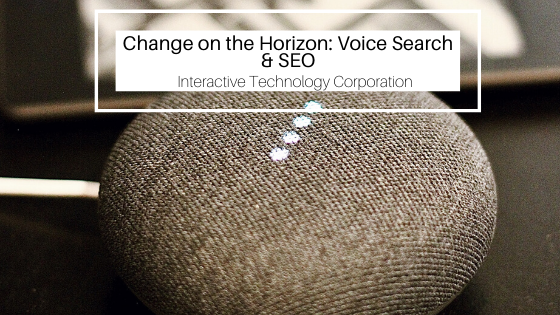There are some innovations that end up being a novelty and fade away within a year. On the flip side, some technologies end up transforming our lives in ways we could not have even imagined. Voice-activated technologies are the latter. It started with Siri and expanded to Amazon’s Alexa, Google Assistant, and others. Now millions of people around the world use and depend on this technology. As a result, its use is continuing to expand. Keep reading to find out what’s on the horizon for voice search and search engine optimization (SEO).
Use of Voice-Activated Technology
Voice-activated technology is used for a variety of reasons. The main reason why a large number of consumers value it is that it facilitates multitasking. We live in a world where many people have demanding lives and schedules. As a result, they are continually trying to find ways to simplify life. In addition to multitasking, they’re able to get things done a lot faster with voice-activated technology. When you have a rigorous daily routine, Siri or Alexa can feel like the assistant you need.
Voice Search and SEO Considerations in Marketing
Since we know consumers use voice-activated technology with a high level of frequency, the question for marketers is often what’s necessary to ensure their SEO strategies align with voice search results. For instance, a local small business will need to show up in a voice search when consumers are asking for store hours. This is usually accommodated by making sure there is accurate location information online. However, it’s more than just store hours and location that consumers seek. They also want details about sales, events, and anything else that could make life easier.
There are a lot of changes on the horizon. For starters, SEO must consider the issue of semantics. Why? Because people speak differently, and SEO must accommodate the different ways in which people communicate. It’s essential to ensure your content is voice-friendly. There’s also the issue of using structured data to ensure your content is relevant. These are just some of the changes on the horizon, and marketers must be able to pivot as the number of voice searches expand.

